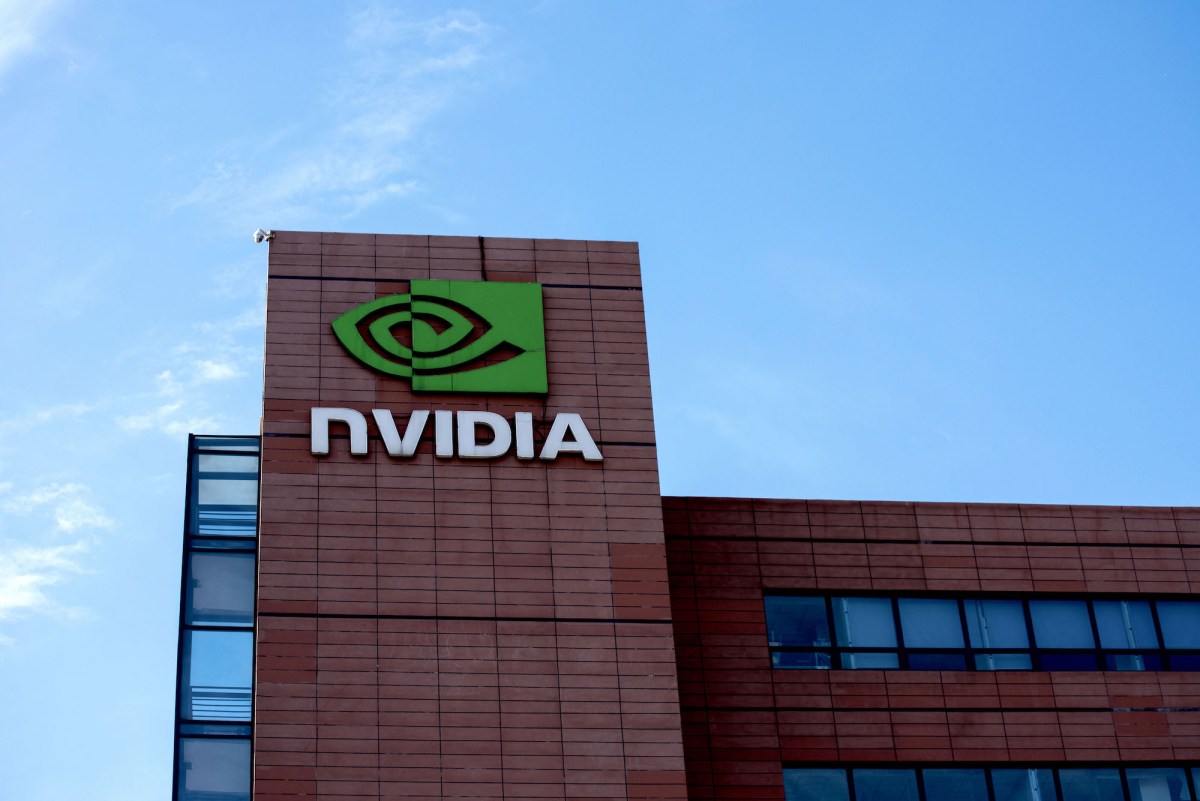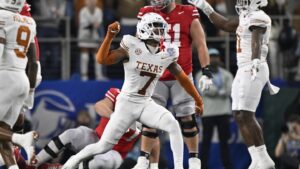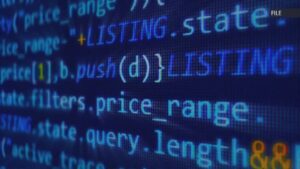Nvidia’s H20 AI Chips Likely to Avoid Export Restrictions — At Least Temporarily

Nvidia’s H20 AI Chips and Recent Developments
Background on Nvidia’s H20 AI Chips
Nvidia, a leading name in the semiconductor industry, has developed a new AI chip known as the H20. This chip stands out as the most advanced model that can still be exported from the United States to China. Recently, it has attracted attention due to its potential to influence the global AI landscape.
Deal With the Trump Administration
Reports indicate that Nvidia’s CEO, Jensen Huang, has brokered a deal with the Trump administration that allows the company to continue exporting its H20 chips while avoiding potential restrictions. According to NPR, Huang made this arrangement during a dinner meeting at Trump’s Mar-a-Lago resort. In exchange for continuing exports to China, Huang promised to invest in new AI data centers within the U.S.
Concerns from the Semiconductor Industry
There was significant concern within the semiconductor sector regarding the potential export restrictions on the H20 chips. These chips are modified versions designed to have reduced performance compared to other Nvidia offerings. The Chinese company DeepSeek utilized these chips to train its R1 open AI model, which was launched earlier this year and has been noted for its impressive capabilities, especially in comparison to models developed by U.S. firms such as OpenAI.
Legislative Responses
Senators from both major political parties have expressed their desire for stricter controls on the H20 exports. In fact, prior to the alleged agreement with Nvidia, the Trump administration was reportedly preparing to impose restrictions on these chips. This move was puzzling, as it seems to counter the administration’s broader goal of enhancing U.S. leadership in AI technology.
Ongoing Regulatory Framework
The situation becomes even more complex when considering the AI chip export regulations established by President Joe Biden’s administration in January. These rules impose limits on chip exports to almost every country outside the U.S., with particularly stringent restrictions on China and Russia. Nvidia has publicly criticized these guidelines, labeling them "unprecedented and misguided," claiming that they could hinder global innovation in the tech sector.
Other AI Companies Responding to the "America-First" Policy
In an effort to align with the Trump administration’s "America-first" strategy, other AI companies have actively sought to establish favorable relationships with the government. OpenAI, for example, has partnered with SoftBank and Oracle on an ambitious $500 billion initiative called the Stargate Project aimed at U.S. data center development. Similarly, Microsoft has pledged to invest $80 billion in AI data centers during its 2025 fiscal year, ensuring that half of this amount is directed towards U.S. facilities.
Pressure from the Trump Administration
The Trump administration has reportedly used strong tactics to ensure compliance from tech companies. An instance includes Trump allegedly warning Taiwanese semiconductor giant TSMC about severe penalties if the company did not set up new chip manufacturing plants in the U.S.
As the landscape of AI technology continues to evolve, the actions of Nvidia and its interactions with U.S. political leadership highlight the intricate balance companies must maintain between global operations and domestic obligations amidst changing regulations.






